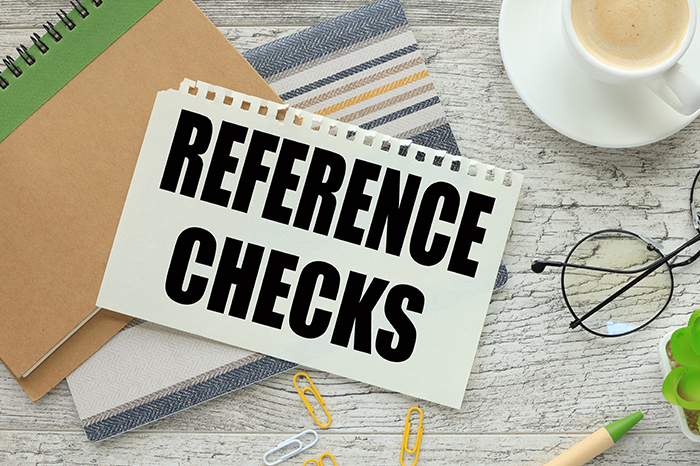Maryland workers often call Lebau & Neuworth with reference check questions: specifically, they have questions about what an employer can and cannot say with respect to providing references. This is the first of three blog posts on the subject of employer reference and focuses on the Maryland law on employment references. Employer references often can make or break a job offer from a potential employer. An ex-employer that is providing inaccurate or false information can be very damning to an employee’s job search. If you have reference check questions, here are a couple key points about what Maryland law says and does not say:
- There is no Maryland law preventing an employer from proving a reference for a former employee.
- There is no Maryland law that provides that an employer can only provide dates of employment and position held in response to a reference inquiry.
- An employer, under Maryland law, can provide an employee reference that may not be true but not considered defamatory because of a “qualified privilege.”
Maryland actually has a statute that provides employers with limited protection from defamation lawsuits when providing references. The Maryland statute provides:
5-423. Immunity - Disclosure of information regarding employee or former employee.
(a) Liability of employer.- An employer acting in good faith may not be held liable for disclosing any information about the job performance or the reason for termination of employment of an employee or former employee of the employer:
(1) To a prospective employer of the employee or former employee at the request of the prospective employer, the employee, or former employee; or
(2) If requested or required by a federal, State, or industry regulatory authority or if the information is disclosed in a report, filing, or other document required by law, rule, order, or regulation of the regulatory authority.
(b) Presumption of good faith; exceptions.- An employer who discloses information under subsection (a) of this section shall be presumed to be acting in good faith unless it is shown by clear and convincing evidence that the employer:
(1) Acted with actual malice toward the employee or former employee; or
(2) Intentionally or recklessly disclosed false information about the employee or former employee.
The next blog post on this topic will be on what facts can give rise to a claim for defamation in the context of an employer reference. We will follow that up with a post on some practical advice guarding against negative references. Of course, if you have reference check questions, please contact the lawyers at Lebau & Neuworth and we will help.












